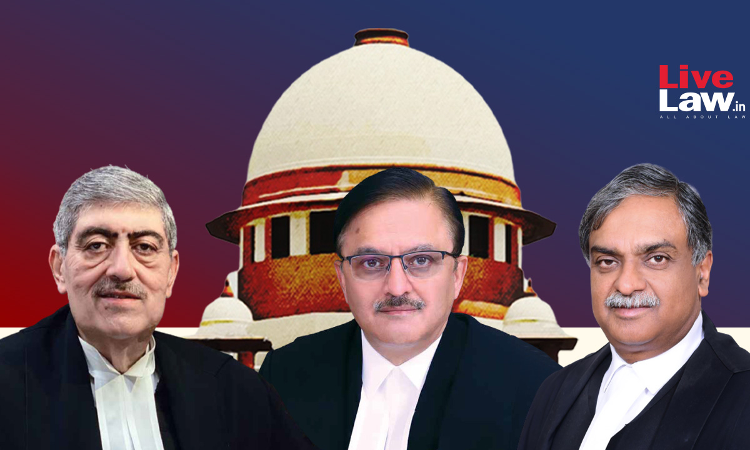UP Awas Evam Vikas Parishad's Function Does Not Include Fixing its Employees' Service Conditions : Supreme Court
Anurag Tiwary
1 Dec 2022 2:36 PM IST

Next Story
1 Dec 2022 2:36 PM IST
The Supreme Court has reiterated and held that "where an enactment requires to do a certain thing in a certain way, the thing must be done in that way and in no other manner" in the judgment of State of U.P. & Ors. vs. Virendra Kumar & Ors. A bench of Justices Sanjay Kishan Kaul, Abhay S. Oka and Vikram Nath have delivered the judgment which has been authored by Justice Abhay...
